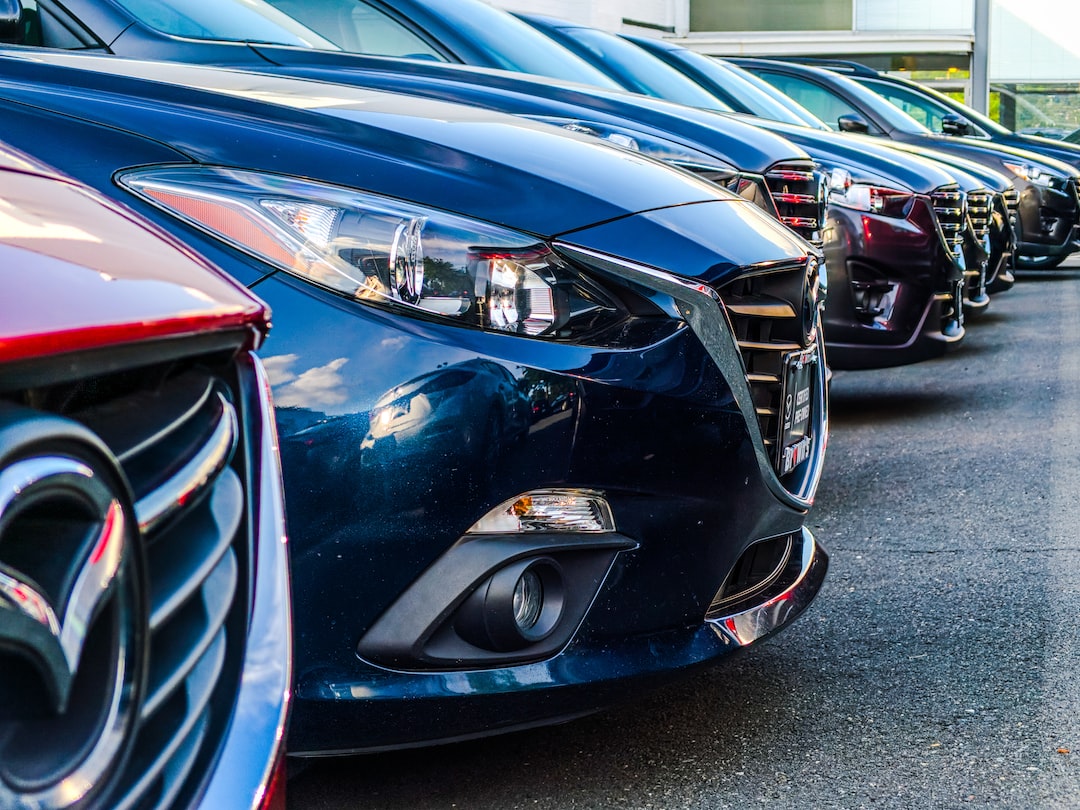Tips for Increasing Fuel Efficiency in Your Vehicle
With the rising fuel prices and growing environmental concerns, it is becoming increasingly important to find ways to increase fuel efficiency in our vehicles. Not only can this help us save money, but it can also reduce our carbon footprint and contribute to a more sustainable future. If you’re looking for some practical tips to improve the fuel efficiency of your vehicle, here are a few suggestions to get you started.
1. Maintain Your Vehicle Regularly: Regular maintenance is crucial for optimal fuel efficiency. Schedule regular tune-ups, oil changes, and air filter replacements. A well-maintained vehicle will run more smoothly and burn fuel more efficiently.
2. Check Tire Pressure: Underinflated tires can cause your vehicle to consume more fuel. Make it a habit to check your tire pressure at least once a month. Refer to your vehicle’s owner’s manual for the recommended pressure levels and adjust accordingly. Properly inflated tires not only improve fuel efficiency but also enhance the safety and performance of your vehicle.
3. Reduce Excess Weight: Carrying unnecessary items in your vehicle can increase fuel consumption. Take a moment to declutter your trunk and remove any heavy items that you don’t need. The lighter your vehicle, the less fuel it will consume.
4. Slow Down and Avoid Aggressive Driving: Excessive speeding and aggressive driving can have a major impact on your fuel efficiency. By avoiding sudden acceleration, unnecessary braking, and maintaining a steady speed, you can significantly reduce fuel consumption. Remember, smooth driving is not just safer but also beneficial for your wallet and the environment.
5. Plan Efficient Routes: Take some time to plan your routes in advance. Opt for the shortest or most direct path, avoid congested areas, and try to minimize unnecessary idling. By doing so, you can reduce the time spent on the road and save fuel in the process.
6. Use Cruise Control: If your vehicle is equipped with cruise control, use it whenever possible. Maintaining a constant speed on highways or long stretches of road can conserve fuel by eliminating the need for constant acceleration and deceleration.
7. Turn off the Engine: If you find yourself waiting for an extended period, such as in a drive-thru or while parked, consider turning off your engine. Idling can waste a significant amount of fuel, so it is best to turn off your engine when you don’t need it.
8. Use Air Conditioning Wisely: Running the air conditioning system at maximum capacity can decrease fuel efficiency. When possible, use the air vents and open windows for ventilation to lighten the load on your engine. However, at high speeds or in extreme temperatures, it may be better to use the air conditioner for comfort and safety.
9. Combine Trips: Consolidating your errands into a single trip can help reduce the overall mileage and fuel consumption. Plan your outings efficiently to avoid unnecessary short trips and backtracking.
10. Consider Carpooling or Public Transportation: If feasible, consider carpooling with coworkers or using public transportation. Not only is it a more sustainable option, but it also reduces the number of vehicles on the road, minimizing traffic congestion and fuel consumption.
Increasing fuel efficiency in your vehicle doesn’t have to be complicated. By following these simple tips, you can make a significant impact on your fuel consumption, save money, and contribute to a greener environment. Remember, small changes can add up to make a big difference.


